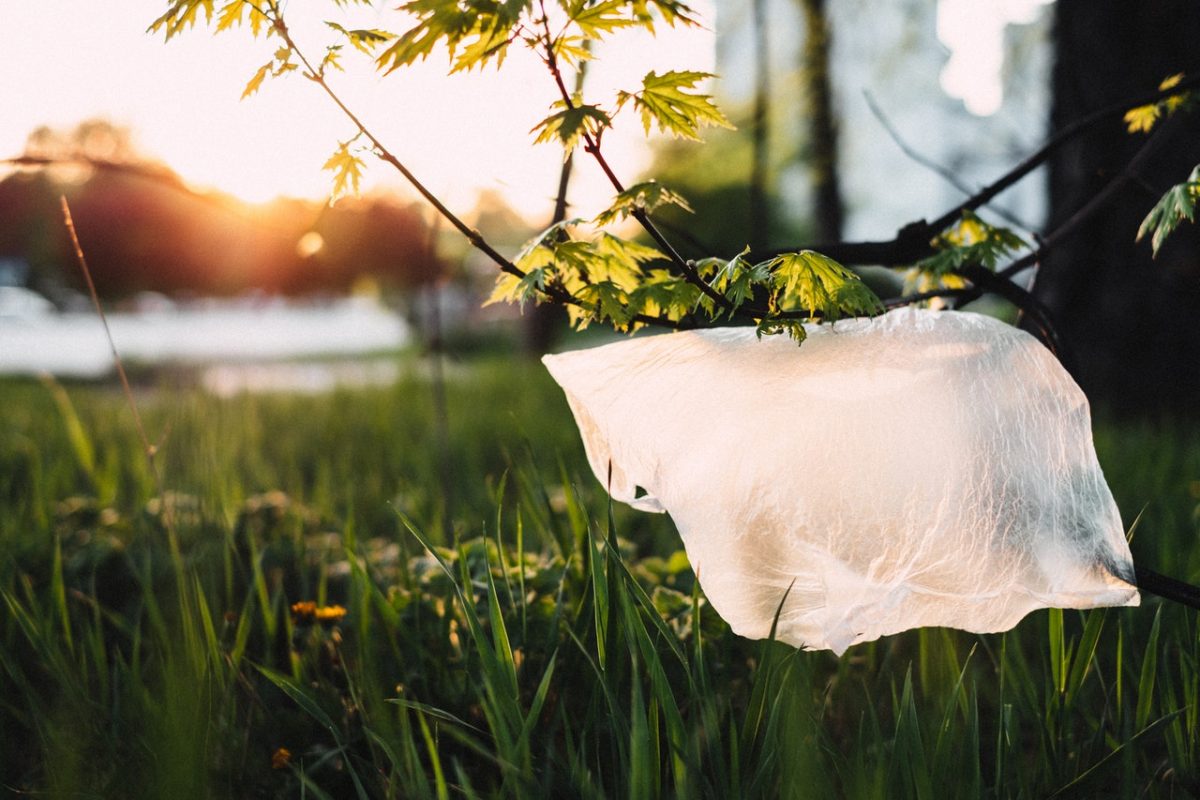Being innovative is a good thing. At least when the results have value. But the process of innovation is expensive in terms of time, energy and money so you want it be be focused on the right things
My fantastic plastic bag machine
A few years ago I remember daydreaming about what I would invent if I was an inventor. My big idea (which I stored away from later, for Dragon’s Den or something…) was along the lines of “wouldn’t it be great if someone could invent a device for getting plastic bags out of trees?”.
I’ve always found the sight of tattered plastic stuck in trees and bushes profoundly depressing so the thought of a whatchamacallit-on-a-stick for quickly and cleanly removing them was quite appealing.
A future with fewer plastic bags in trees beckoned.
Genius, right? …right?
Fast forward to a few weeks ago. I’m looking around my neighbourhood and the thought strikes me that one thing you see a lot less of these days is…
…plastic bags stuck up trees.
So, what changed in the meantime? I’m pretty sure no-one patented a device for removing them from trees.
Obviously, the big change that happened was charging for plastic bags in shops. Scientific American noted that a 2002 levy implementation in Ireland led to a 95% reduction in plastic bag litter. Within 6 months of the 5p levy being charged in England, the number of bags distributed dropped from the previous year’s 7 billion to 0.5 million.
The solution was to look at the behaviours and find ways of influencing that (through charging) instead of taking a symptomatic approach that, had it been possible, in effect would only have shifted the problem from the treetops to landfill and solved nothing.
What does this mean for innovation?
Right now, we’re in the midst of the Coronavirus lockdown, an unprecedented period of anxiety and stress, particularly for education institutions as they try to find ways to connect with learners who are now unable to come to their buildings/campus.
The pressure is there to find innovative solutions to the various problems this presents us with. Because we are in a crisis and the stakes are high there must be a temptation to go for the low hanging fruit, to innovate in ways where we can tackle fix the symptoms instead of addressing the conditions that brought them about in the first place.
Impossible plastic bag removing device versus reducing demand, in other words.
I wonder also if the heightened levels of stress make people more susceptible to making rapid decisions about innovation that might not have made it through due diligence. This from the Washington Post on the rapid uptake of online proctoring services might suggest so.
